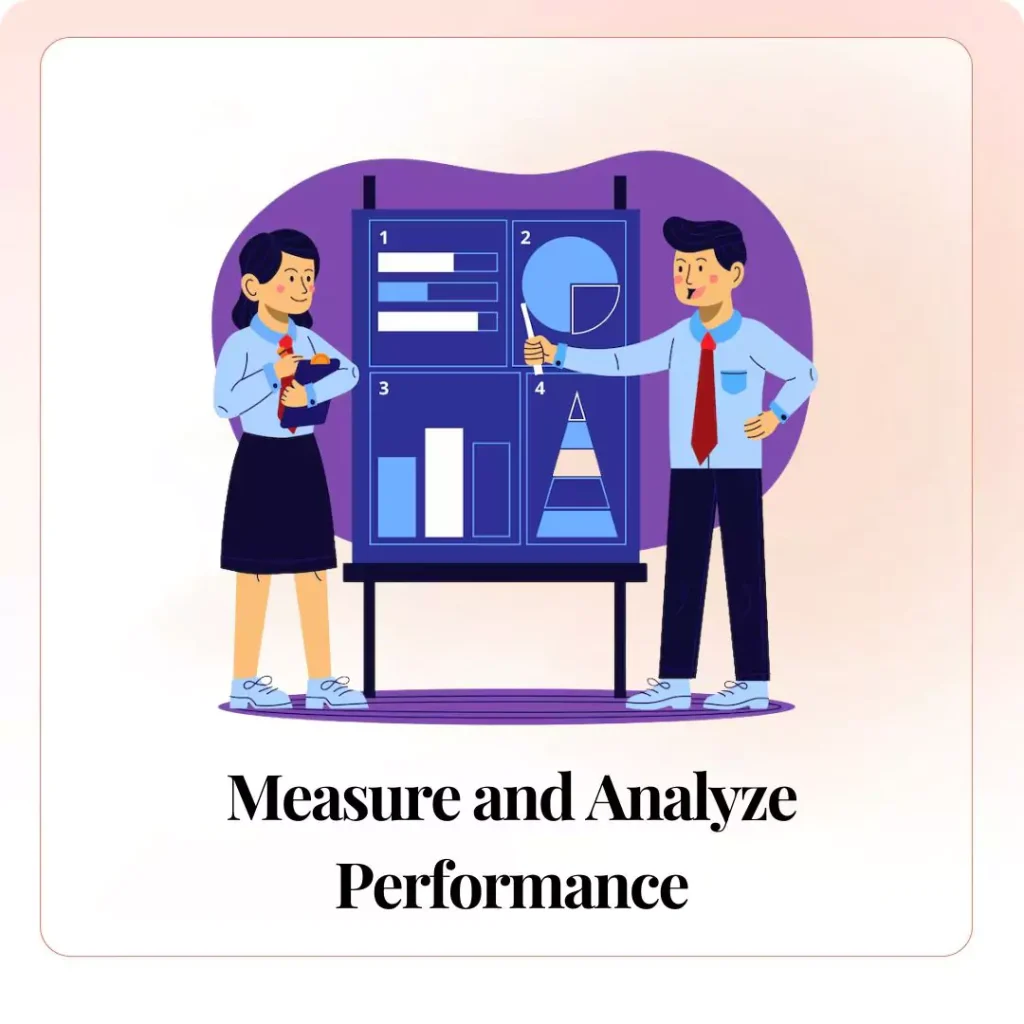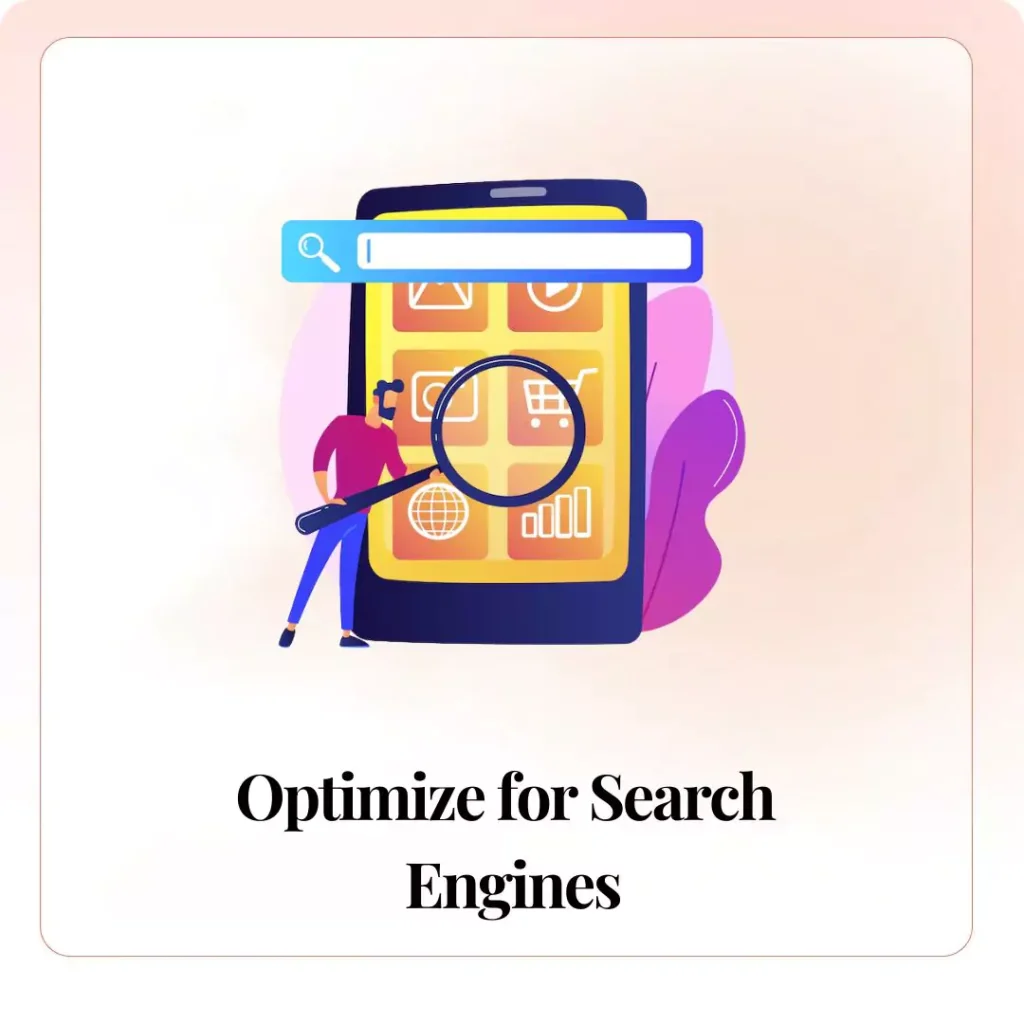Digital marketing has become an indispensable part of business strategy, especially for those looking to leverage the potential of the internet to reach broader audiences. However, many companies struggle to optimize their digital marketing budget effectively. Here’s a comprehensive guide to help you allocate your resources wisely and get the best returns on your investment.
1. Understand Your Audience

To make the most of your digital marketing budget, you need to understand your audience thoroughly. This involves:
- Conducting Market Research: Use tools like Google Analytics and HubSpot to gather data on your potential customers’ demographics, preferences, and behavior.
- Segmenting Your Audience: Divide your audience into segments based on factors such as age, location, and interests to create targeted marketing campaigns.
- Developing Buyer Personas: Create detailed profiles of your ideal customers to guide your marketing strategies and ensure your messaging resonates with them.
By understanding your audience, you can tailor your marketing campaigns to meet their specific needs and preferences, leading to higher engagement and conversion rates.
2. Choose the Right Marketing Channels
Not all digital marketing channels will be equally effective for your business. To optimize your budget, focus on the channels that offer the best ROI. Consider the following:
- Social Media Marketing: Platforms like Facebook, Instagram, and LinkedIn can be highly effective for reaching and engaging with your audience. Tailor your content to each platform to maximize impact.
- Content Marketing: Blogging, video marketing, and infographics are great ways to provide value to your audience and establish your brand as an authority in your industry.
- Paid Search: Use Google Ads and social media advertising to target specific demographics and drive traffic to your website.
Evaluate the performance of each channel regularly to ensure you are investing your budget wisely.

3. Leverage Marketing Automation

Marketing automation tools can help you streamline your marketing efforts and save time and money. Consider implementing the following:
- Email Marketing Automation: Use tools like Mailchimp or HubSpot to automate your email campaigns, segment your audience, and personalize your messaging.
- Social Media Scheduling: Platforms like Hootsuite and Buffer allow you to schedule posts in advance, ensuring consistent and timely content delivery.
- Lead Generation Tools: Use tools like Leadpages or Unbounce to create high-converting landing pages and capture leads efficiently.
Automation helps you maintain a consistent marketing presence and frees up time to focus on other critical aspects of your business.
4. Measure and Analyze Performance
To optimize your digital marketing budget, it’s crucial to track and analyze the performance of your marketing campaigns. Use the following metrics to gauge success:
- Conversion Rates: Measure the percentage of visitors who take a desired action, such as making a purchase or filling out a form.
- Return on Investment (ROI): Calculate the revenue generated from your marketing efforts relative to the amount spent.
- Customer Acquisition Cost (CAC): Determine how much it costs to acquire a new customer through your marketing activities.
Regularly review these metrics and adjust your strategies as needed to ensure you are getting the best possible return on your investment.

5. Optimize for Search Engines

Search engine optimization (SEO) is a cost-effective way to drive organic traffic to your website. Focus on the following:
- Keyword Research: Identify relevant keywords and phrases that your target audience is searching for. Use tools like SEMrush or Ahrefs to find high-volume, low-competition keywords.
- On-Page SEO: Optimize your website’s content, meta tags, and headings to include your target keywords. Ensure your website is mobile-friendly and has a fast loading speed.
- Content Marketing Strategy: Create high-quality, informative content that addresses the needs and interests of your audience. Regularly update your blog and include internal and external links to boost SEO.
By optimizing your website for search engines, you can attract more organic traffic and reduce your reliance on paid advertising.
Conclusion
Optimizing your digital marketing budget requires a strategic approach and continuous evaluation. By understanding your audience, choosing the right marketing channels, leveraging automation tools, measuring performance, and optimizing for search engines, you can maximize your ROI and achieve your business goals.
For more insights and tips on effective digital marketing strategies, visit Osumare Marketing Solutions, one of the top digital marketing companies in Bangalore.

